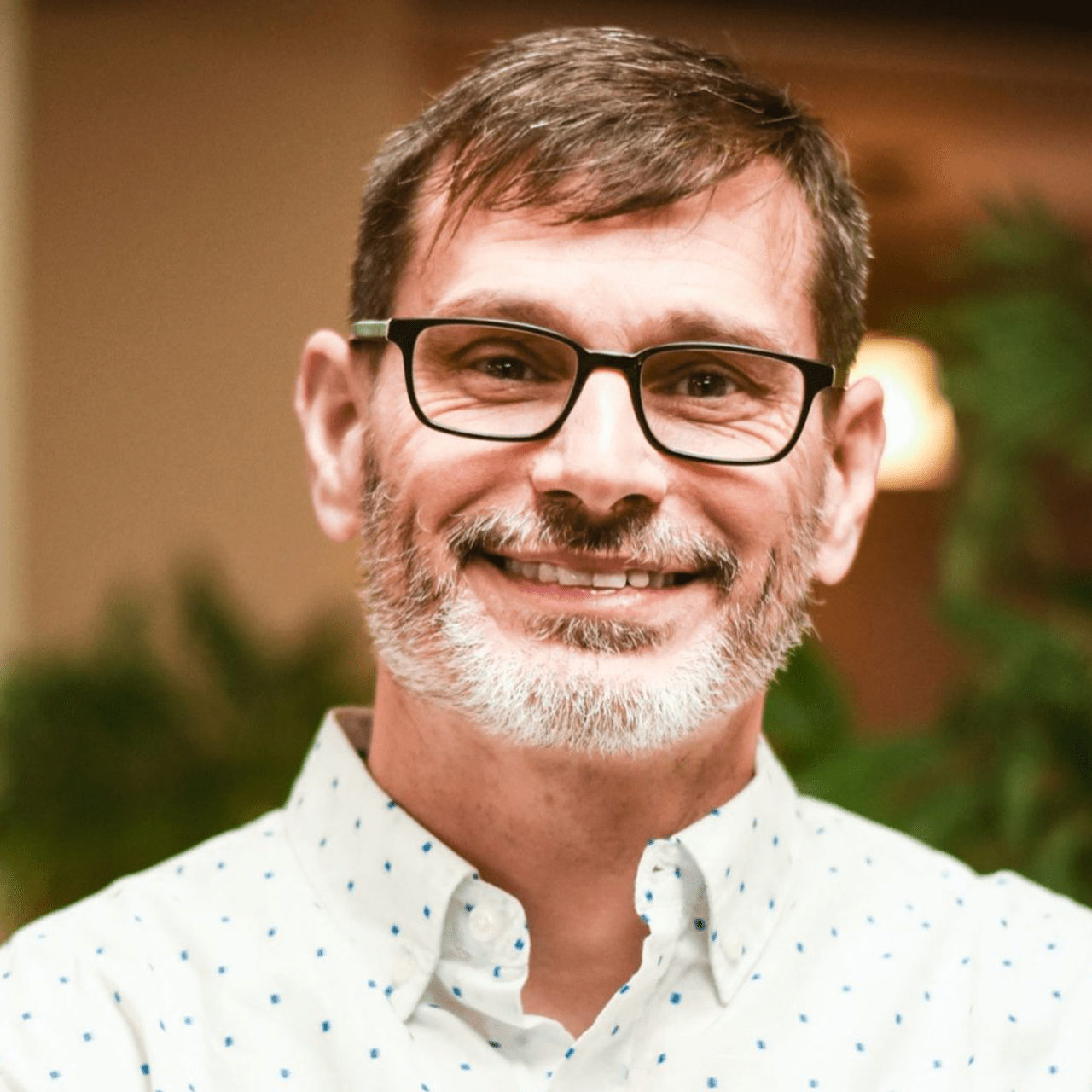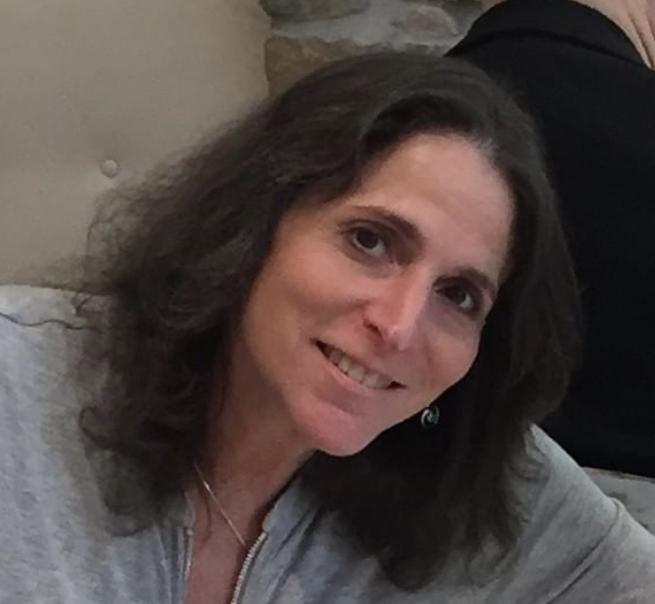Welcome back to the PNC podcast. It’s just me today. And I'd like to discuss your Zone of Genius.
I’ve been meaning to review a book and discuss this topic for some time. It relates to self-limiting beliefs that keep us from pursuing the career that we’re meant for; a career that bring us joy and fulfillment; a career that uses our personal and professional gifts.
Have you ever noticed that just when some people have made it, just when they reach new heights in their career or their relationship, something happens to undermine it?
Have you ever been in a relationship that seems to be getting better and better, when you and your spouse or fiancé get into an argument over some trivial or otherwise forgettable issue?
What about the entertainer who seems to be an overnight success, often after years of struggling, only to suffer a disaster like a drug overdose or major automobile accident?
The Big Leap
This is a phenomenon called the Upper Limit Problem by Gay Hendricks, in his book The Big Leap. And its one of several very interesting and useful concepts he describes in his book.

This book as been out since 2011. However, I first read it earlier this year (2018) after hearing Cliff Ravenscraft talk about it. Cliff is a well-known podcaster. He is probably one of the most experienced podcasters in the world.
Cliff has been hosting podcasts for more than a decade. He’s known as the Podcast Answer Man and has literally taught thousands of people how to produce a podcast through his personal coaching, mastermind groups and paid courses.
He recently devoted several episodes to the ideas he learned about in The Big Leap. I think he even interviewed the author for his podcast because he was so taken by the book.
My Turn
So, I read the book myself. And then read it again last week.
I believe that the concepts that Hendricks presents ring true. And they might help you to understand what’s holding you back from pursuing a truly wonderful and fulling career.
So, today I want to present what I’ve learned from the book, with examples from my life, and some of the stories in the book and stories told by Cliff Ravenscraft in his attempts to implement its ideas.
I don’t intend to cover every aspect of the book. And I’m not sure that I’ll do it justice. In fact, I hope that by hearing how it has impressed me, you'll buy a copy and read it yourself.
Here are the ideas that resonated most with me.
The Upper Limit Problem
The first concept Hendricks discussed is the Upper Limit Problem.
He describes this as an internal set point, beyond which we sabotage ourselves from achieving happiness and success. He describes it as “an inner thermostat that determines how much love, success, and creativity we allow ourselves to enjoy.”
This tendency has a number of causes that Hendricks gets into. Generally, it’s a deeply held, but subconscious, belief from our childhood that pulls us down when we start to exceed the upper limit.
Cliff Ravenscraft described his work as the Podcast Answer Man, and how he reached an income plateau that he couldn't surpass. He created new products and services, and temporarily exceeded the income plateau. But his income always dropped down below the old ceiling until he implemented the strategies outlined in Hendricks' book.

The author provides other examples in the book about the Upper Limit Problem, where people cannot tolerate success, such as:
- An actor who stars in a likely box office hit, then gets into an altercation on the eve of the premier party and ends up in jail;
- The athlete who wins an international championship, then fires his coach and fails to place the following year;
- The recording artist who has a major hit, only to die of a drug overdose.
Hendricks explains that people make a breakthrough, but then self-destruct.
The Four Zones
To fully understand the concept of the Upper Limit Problem, you need to understand what it keeps you from. And that’s what Gay Hendricks calls your Zone of Genius.
Intuitively, it makes sense to me that we function in one of four zones.
Zone of Incompetence
The Zone of Incompetence consists of things we are no good at. That’s pretty simple. I shouldn’t try to repair snowmobiles or play the piano. I think playing golf also fits that category for me.
Sometimes we work in the Zone of Incompetence out of necessity. We need to make a quick buck. I remember trying to work as a chef at a restaurant chain while still in college. I had no idea what I was doing, and I had to go through a training process.
Until I started to get the hang of it, I was definitely in my Zone of Incompetence and several meals had to be discarded rather than being served.
Zone of Competence
The next level is the Zone of Competence. That doesn’t sound bad.
Many of us have spent some time there. We can do the job, but there are others who can do it better.
Doing the accounting for my small practice, probably fit in that category. I could do it easily enough, but there were definitely those that could do it better.
And it was smart of me to delegate that to someone for whom accounting was in the next level for them: The Zone of Excellence.
Zone of Excellence
The Zone of Excellence is that career, hobby, or relationship in which you can comfortably perform very well, probably better than most.
Most of you probably functioned at this level when leaving residency. You’ve spent years learning your profession. You still continue to learn, but you perform at a level above those who have been out of residency for years and fail to keep up with medical advances.
When I heard first heard this term, I thought YES! This is where I want to be. Excellence is a good thing.
Zone of Genius
But my eyes were opened when I read the book, and listened to Cliff’s discussion of the Zone of Genius. This is “the set of activities you are uniquely suited to do. They draw on your special gifts and strengths,” according to Hendricks.
When performing in this Zone, you’re often in “the zone” or in “flow” or in “deep work” as described by Cal Newport. Time seems to fly by. You're creative and you produce awesome results. You feel no resistance, because it is what you were born to do.
Wow! Now that sounds even better than the Zone of Excellence.
Getting back to Cliff Ravenscraft. When he worked as the Podcast Answer Man he was obviously in his Zone of Genius. He created training for this new medium and loved what he was doing. And, he became the number one go-to person for learning podcasting, both the technical and creative sides of it.
Drifting from Zone of Genius Back to Zone of Excellence
But over time, he slipped into his Zone of Excellence and it became boring and no longer challenging. He discovered that he wanted to go back into the Zone of Genius, so he redefined his business. He describes how he now helps clients avoid or recover from burnout by earning an income from the work that they feel most called to do in this world. So, he completely gave up podcast training. He now devotes himself to being a coach, mentor, mastermind group leader and public speaker.
I think I experienced a similar revelation.
I started in practice in my Zone of Excellence. Then I moved into my Zone of Genius. I was taking care of patients of all ages and growing my practice. I was using state of the art approaches to care.
But after a few years, I slipped back into my Zone of Excellence. Practice became boring and tedious. Managing staff and doing more and more paperwork became annoying.
In the Zone of Genius Again
But then I transitioned into hospital management, and began to work in CME and quality improvement. I moved into the CMO role, and led initiatives to install quality measurement tools, and work on QI projects. We started being recognized as 5-Star HealthGrades performers, and received designation as a Truven Top 100 Hospital. I was working in a cohesive, highly effective senior management team. “My engine was hitting on all eight cylinders.”
But I slipped into the Zone of Excellence again, and sought my next challenge as an entrepreneur. I was still in my Zone of Excellence, creating the policies and procedures for the new clinic, monitoring quality, and growing the business to 70 encounters per day from nothing. But it wasn't what I was born to do.
So, I began to blog. Then I started the podcast and mentoring physicians looking for a career change.
I think my Zone of Genius, what I was born to do, is to inspire, encourage and teach physicians how to find their Zone of Genius. And for some, that means encouraging and mentoring them as leaders.
Living in the Zone of Genius
The last half of Hendricks' book explains the steps to take to live more fully in your Zone of Genius. Cliff has made a commitment to live in his Zone of Genius at least 80% of the time.
I’m still learning these concepts. And I’m committed to working through the exercises outlined in the Big Leap.
I want you to think about which zone you're working in. Are you living in your Zone of Genius? Or have you capitulated to living in the Zone of Competence or Excellence?
Are you still subject to the Upper Limit Problem?
I certainly don’t have all the answers. But I urge you to read the book and let me know what you think.
And don’t let your Upper Limit Problem keep you from making the Big Leap to your next career.
If you enjoyed this episode, please share it on Facebook and Twitter.
Disclaimer:
The opinions expressed here are mine, and my guest's where applicable. While the information published is true and accurate to the best of my knowledge, there is no express or implied guarantee that using the methods discussed will lead to success in your career, life or business.
The opinions are my own, and my guest's, and not those of any organization(s) that I'm a member of, or affiliated with. The information presented is for entertainment and/or informational purposes only. It should not be construed as advice, such a medical, legal, tax, emotional or other types of advice.
If you take action on any information provided on the blog or podcast, it is at your own risk. Always consult a professional, e.g., attorney, accountant, career counsellor, etc., before making any major decisions related to the subject matter of the blog and podcast.
Right click here and “Save As” to download this podcast episode to your computer.
The easiest ways to listen: vitalpe.net/itunes or vitalpe.net/stitcher







Leave A Comment
You must be logged in to post a comment.